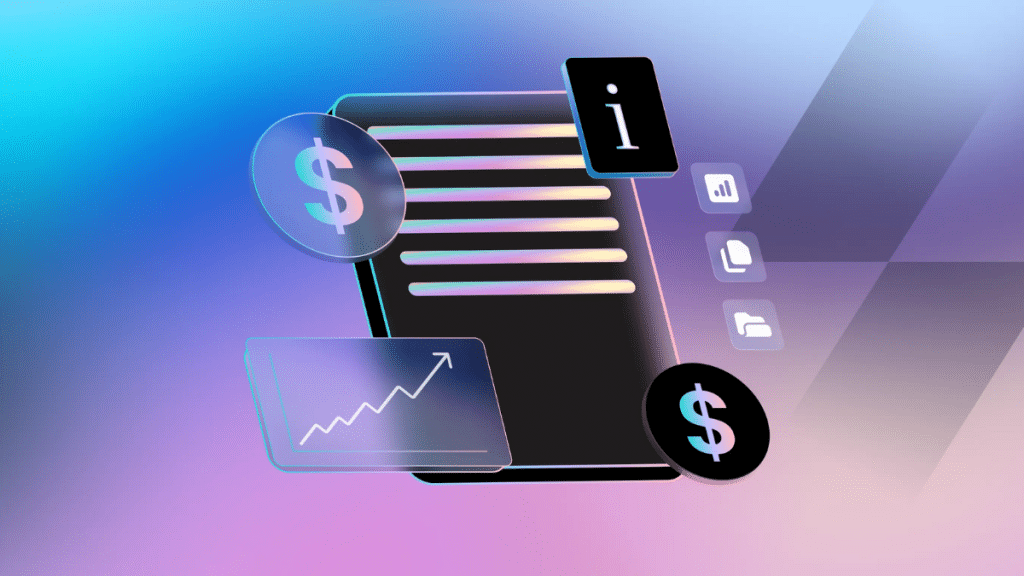Understanding the Importance of Sales Commission Software
In the current business environment, organizations are under pressure to maximize sales performance while maintaining accuracy and efficiency. Sales commission software plays a critical role in achieving this by automating complex commission calculations, reducing manual errors, and providing real-time insights into earnings. It eliminates ambiguity around payouts, builds trust among sales reps, and allows managers to focus on strategic growth rather than administrative tasks. By addressing common pain points such as lack of transparency and time-consuming processes, this software empowers sales teams to perform at their best and ensures businesses remain agile and competitive in dynamic markets.
The Challenges of Traditional Commission Processes
Traditionally, calculating sales commissions involved a great deal of manual processing, which was prone to errors and often led to disputes. This not only wasted valuable time but also impacted the sales team’s morale. With manual systems, discrepancies in commission calculations were common, leading to trust issues and dissatisfaction among team members.
The implications of these challenges include:
High Risk of Human Error
Manual data entry in spreadsheets often leads to miscalculations, resulting in incorrect payouts. These errors can damage trust and lower morale within the sales team.
Increased Complexity with Growth
As companies scale, commission structures become more intricate—tiered rates, bonuses, and accelerators become difficult to manage without automation.
Time-Consuming for Sales Leaders
Sales managers spend significant time resolving disputes and recalculating commissions, which distracts them from strategy and sales enablement.
Lack of Transparency for Reps
Traditional systems don’t provide real-time visibility into how commissions are calculated, leaving reps uncertain and frustrated.
Negative Impact on Motivation
When reps are unsure about their earnings or feel payouts are delayed or inaccurate, motivation and performance tend to suffer.
Audit and Compliance Risks
Without standardized, centralized tracking, traditional methods make it hard to maintain consistency or pass compliance checks smoothly.
Poor Scalability
Manual systems don’t scale well with growing teams or evolving incentive plans, leading to inefficiencies as your business expands.
How Sales Commission Software Transforms Processes
Sales commission software provides a digital solution that ensures accuracy and transparency in commission calculations. This transformation is critical for improving the efficiency and effectiveness of sales operations.
Key Benefits of Sales Commission Software:
- Accuracy and Transparency: Sales commission software ensures accurate calculations by automating complex commission rules and data inputs. It provides clear, itemized breakdowns of earnings, making the entire process transparent. This reduces disputes, builds trust among sales reps, and enhances confidence in the system—ultimately fostering a healthier and more motivated sales culture.
- Time Efficiency: The software saves valuable time for both sales and finance teams by automating repetitive and error-prone tasks. Commission processing that once took days can now be completed in minutes. This efficiency allows managers to focus on strategic initiatives and enables salespeople to prioritize customer engagement over administrative work.
- Motivation Through Real-Time Insights: With real-time dashboards and notifications, sales reps can instantly track their earnings and progress toward targets. This continuous visibility acts as a strong motivator, encouraging performance improvement and enabling reps to adjust their strategies proactively. The result: more engaged teams and increased accountability across the sales organization.
The Role of Analytics in Boosting Productivity
Sales commission software does more than calculate payouts—it turns raw data into actionable insights that drive smarter decision-making. With built-in analytics, managers gain a comprehensive view of team performance and commission effectiveness, allowing them to fine-tune strategies and maximize results.
Analytics and Reporting Benefits Include:
Spotting High-Performing Products or Services
By tracking which offerings bring in the most revenue and result in higher commissions, businesses can shift focus to products with the highest return on investment (ROI).
Optimizing Commission Structures
Insights into what motivates sales teams—be it flat rates, accelerators, or tiered incentives—help design commission plans that align with company goals and employee behavior.
Identifying Skill Gaps
Analytics reveal areas where individual reps or teams consistently underperform, guiding the creation of tailored training programs that close knowledge or skill gaps.
Forecasting Future Performance
Predictive analytics help estimate future sales and commission liabilities, aiding in more accurate budgeting and resource allocation.
Improving Sales Strategy
With data-driven insights, sales leaders can refine targeting, adjust territories, or even reassign resources for better coverage and performance.
Harnessing these insights creates a culture of continuous improvement, ultimately boosting productivity.
Enhancing Communication and Morale
Effective communication is crucial in any team environment. Sales commission software acts as a bridge between sales teams and management by providing a centralized platform for information.
Improvements from Enhanced Communication: – Reduced misunderstandings about compensation – Increased engagement through clear communication of goals and achievements – Fostering a collaborative environment where sales personnel feel valued and understood.
The Future of Sales Teams with Commission Software
As technology continues to evolve, so will the capabilities of sales commission software. Expect future developments to further integrate with artificial intelligence to offer predictive analytics, allowing even more strategic decision-making.
Businesses that embrace smart sales commission software are positioning themselves to thrive in competitive markets. By providing their sales teams with the right tools, they create an environment poised for success, ultimately benefiting the bottom line.
Conclusion
In conclusion, sales commission software is not just about simplifying administrative processes. It plays a crucial role in maximizing the productivity of sales teams by enhancing transparency, efficiency, and motivation, leading to better performance and higher job satisfaction. As we move forward, the integration of such technology will be integral to sustaining and growing successful sales teams.
